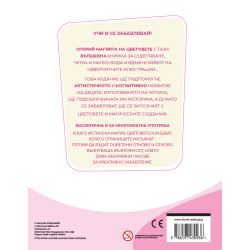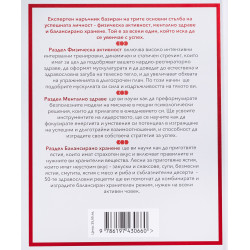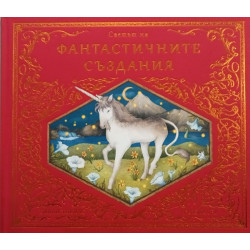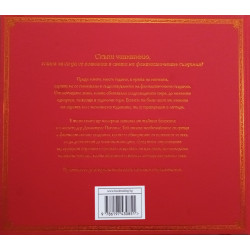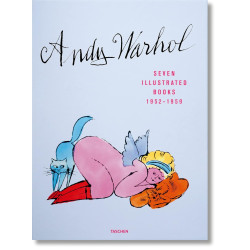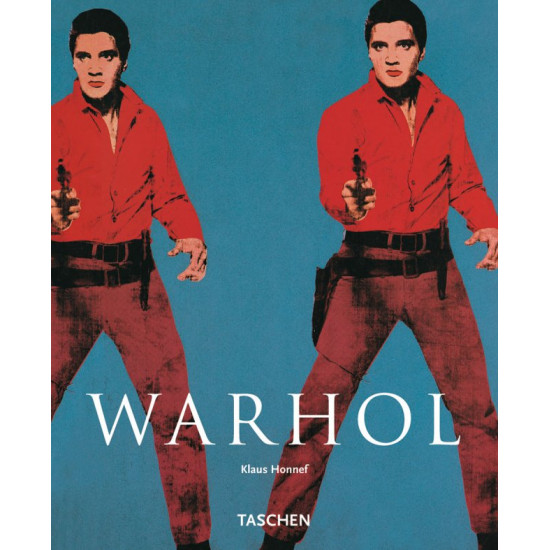

ИЗЧЕРПАН


Warhol
| Език: | Английски |
| Корица: | Paperback |
| Страници: | 95 |
| Издател/Прозиводител: | TASCHEN |
| ISBN/Barcode: | 9783822863213 |
| Код: | 0251.00184 |
| Размери: | 0.37 kg ( 23 cm x 18.5 cm ) |
- ИЗЧЕРПАН
4.00 (2987 ratings by Goodreads)
15.95 лв.
От същия бранд
A critical observer of American society
Campbell and Brillo
Andy Warhol is recognized today as the most important exponent of the Pop Art movement. He overturned the traditional understanding of art and placed in its stead a concept that retracts the individuality of the artist.
Warhol was a critical observer of American society, exposing his compatriots' consumerism in his paintings ('Campbell-' and 'Brillo' series), as well as their fascination for sensational journalism. In 1963 Warhol founded his 'Factory' in New York, literally a manufactory of ideas and work, which influenced film in the 1960s, published the influential magazine Interview in the late 1970s, and also produced Warhol's own artwork: Warhol conceived the idea, and a 'worker' in his factory carried it out.
The work remained (consciously) unsigned - a fact which nevertheless did nothing to diminish Warhol's reputation. He once complained that rich New Yorkers would willingly hang his "Electric Chain" in their living rooms - as long as its colours co-ordinated with the wallpaper and draperies.
Campbell and Brillo
Andy Warhol is recognized today as the most important exponent of the Pop Art movement. He overturned the traditional understanding of art and placed in its stead a concept that retracts the individuality of the artist.
Warhol was a critical observer of American society, exposing his compatriots' consumerism in his paintings ('Campbell-' and 'Brillo' series), as well as their fascination for sensational journalism. In 1963 Warhol founded his 'Factory' in New York, literally a manufactory of ideas and work, which influenced film in the 1960s, published the influential magazine Interview in the late 1970s, and also produced Warhol's own artwork: Warhol conceived the idea, and a 'worker' in his factory carried it out.
The work remained (consciously) unsigned - a fact which nevertheless did nothing to diminish Warhol's reputation. He once complained that rich New Yorkers would willingly hang his "Electric Chain" in their living rooms - as long as its colours co-ordinated with the wallpaper and draperies.






